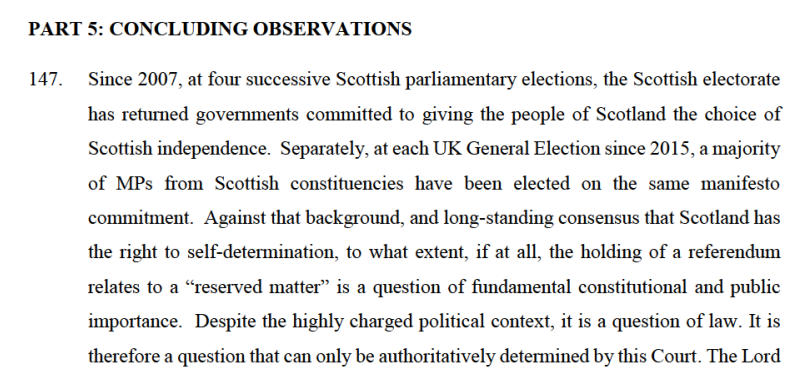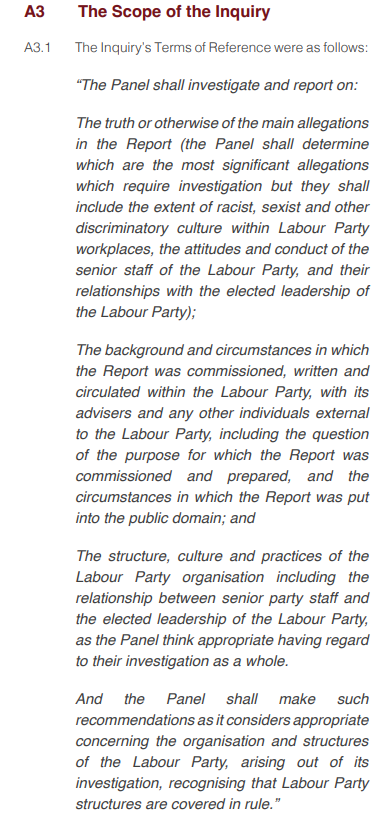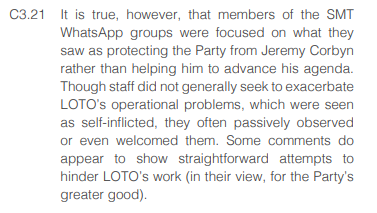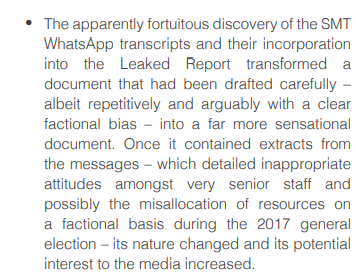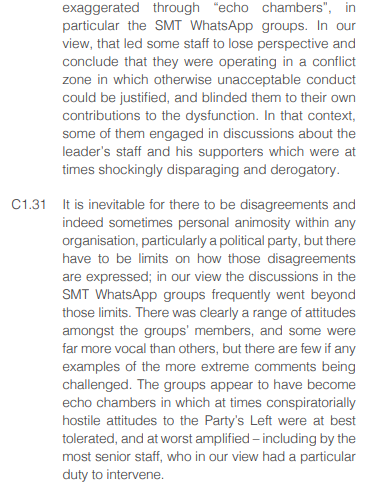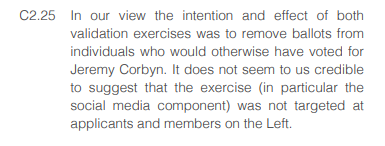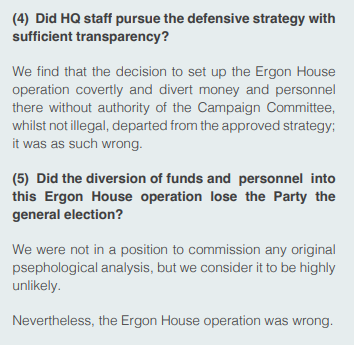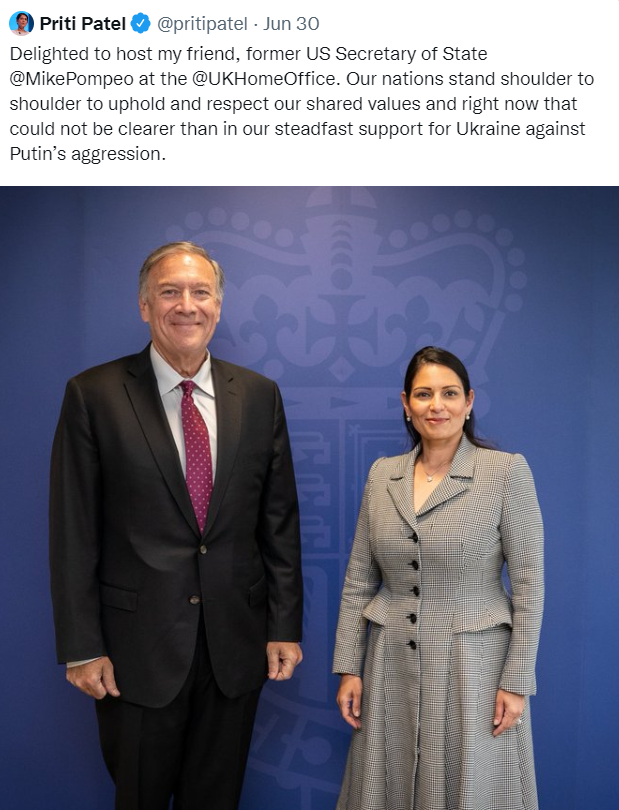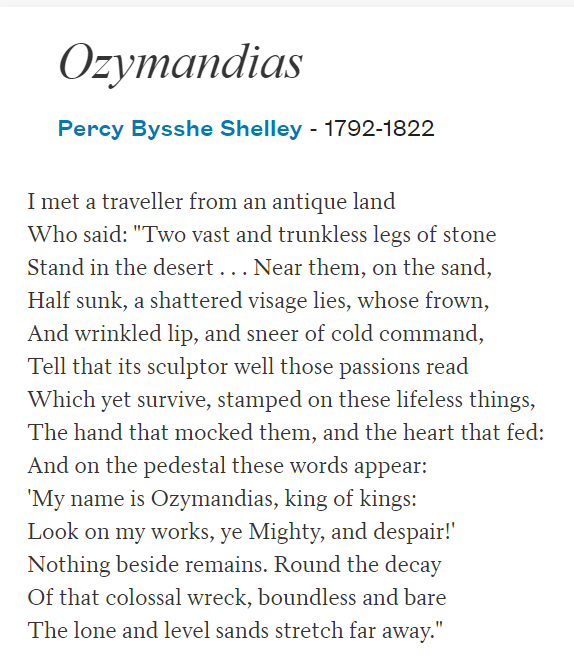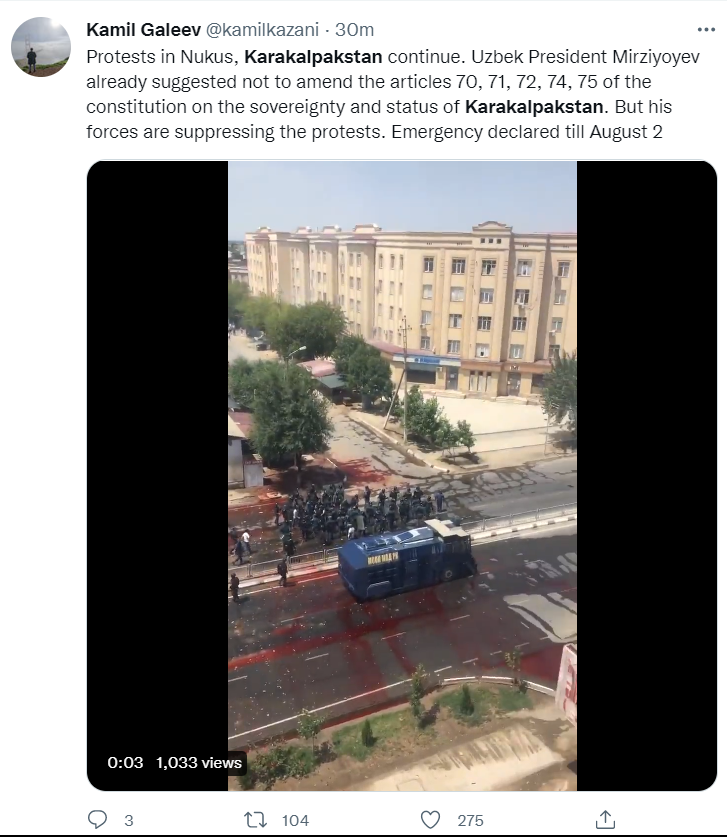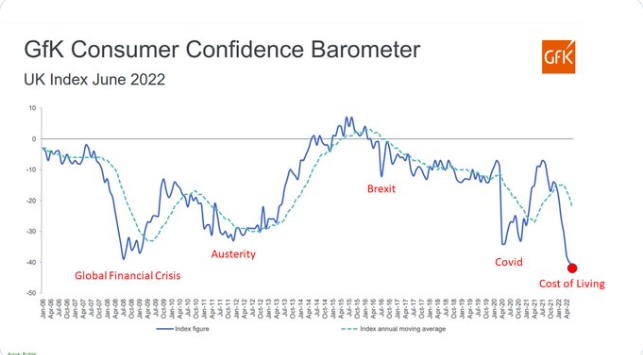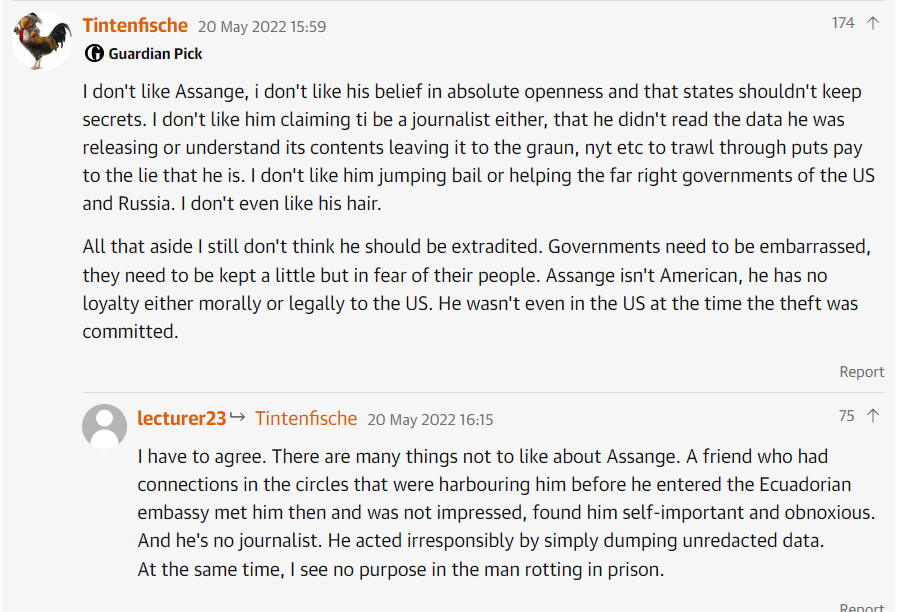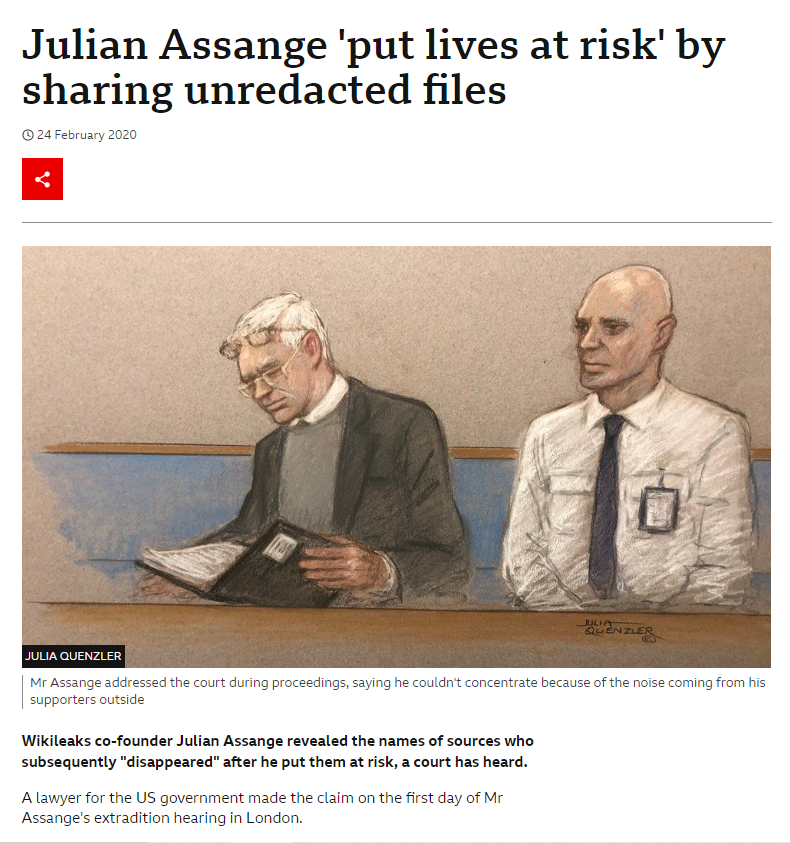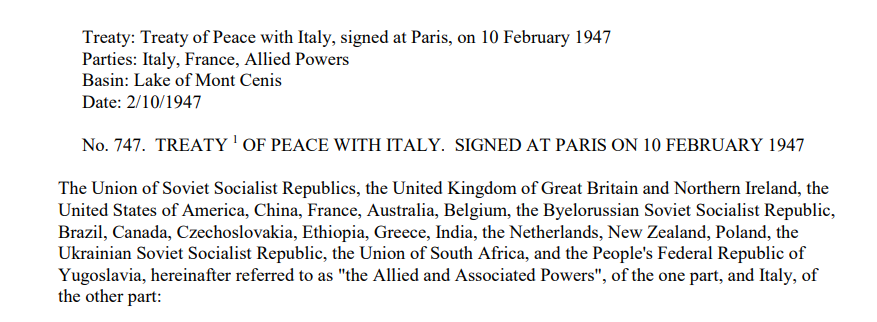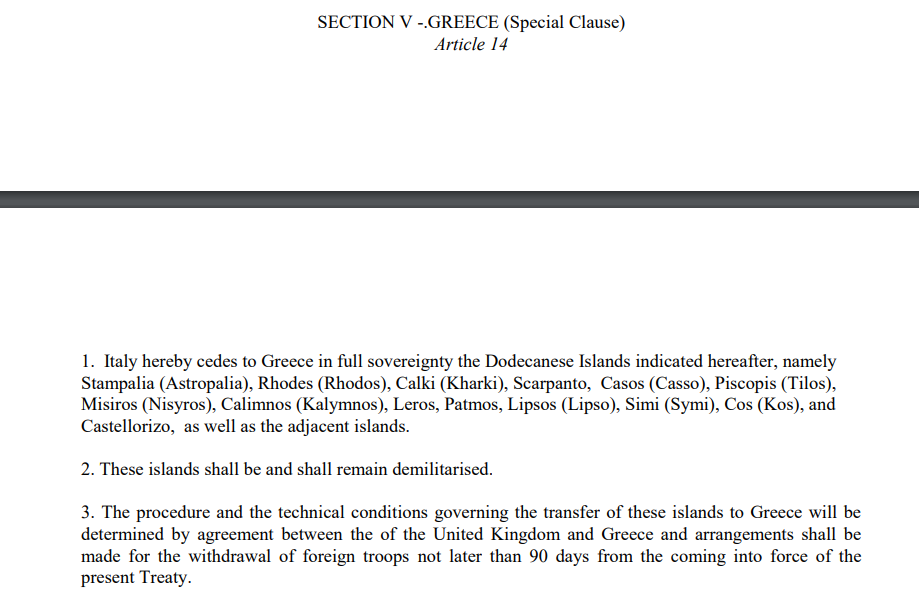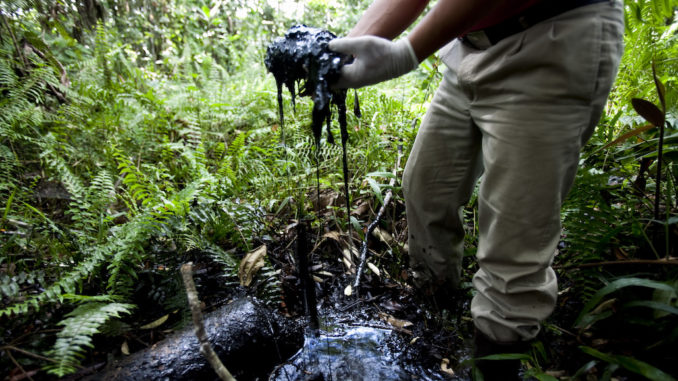Texaco operations in Ecuador from 1962 to 1994 dumped 70 billion litres of “wastewater”, heavily contaminated with oil and other chemicals, into the Amazon rainforest, plus over 650,000 barrels of crude oil. They polluted over 800,000 hectares.
It is one of the worst ecological disasters in history — 30 times greater than the 1989 Exxon Valdez oil spill in Alaska and 85 times greater than the Gulf of Mexico spill by British Petroleum (BP) in 2010. During the supposed clean up in the provinces of Sucumbios and Orellana, before it left Ecuador, Texaco hid over a thousand different swamps of toxic waste throughout the rainforests, dumping a layer of topsoil over them.

Crude contaminates the Aguarico 4 oil pit, an open pool abandoned by Texaco after 6 years of production and never remediated.
Texaco was taken over by Chevron in 2000. Chevron claims that Texaco only ever extracted $490 million in profit from Ecuador over 30 years. The accounting of that is hotly contested by the Amazon Defense Coalition which claims Texaco made $30 billion profit. One thing for sure is that even the Chevron figure is at historic values, not real terms, and would be worth vastly more today.
The cost of the pollution to the inhabitants of the Amazon is incalculable in simple monetary terms, as is the cost of the environmental catastrophe to the entire world. However in the mid 1990’s Ecuador was firmly under the United States heel and – as Chevron’s legal team assert – in 1995 the Government of Ecuador was persuaded to sign a ludicrous clean-up agreement with Texaco as it left the country, releasing it from all legal obligations at a cost of just US $40 million.
Yes, that really is just $40 million. Compare that to the $61.6 billion that BP paid out for the almost 100 times smaller Deepwater Horizon environmental disaster in the Gulf of Mexico. In 1998 the corrupt, US controlled, government of Ecuadorean President Jamil Mahuad signed a final release relieving Texaco for all liability from economic pollution. That release has now been upheld by the Court of International Arbitration in the Hague.
How this was achieved by Chevron/Texaco is well explained in a book I highly recommend, a copy of which was sent to me in prison by a supporter:
The Misery of International Law by Linarelli, Salomon and Sornarajah (Oxford University Press 2018).
A Chevron lobbyist in 2008 said that “we can’t let little countries screw around with big companies like this”. At the time of this writing, Chevron is the fourth largest company headquartered in the United States, operating in over one hundred countries, with gross revenues twice that of Ecuador’s GDP. When Texaco began operations in Ecuador in 1964, the country was unstable and extremely poor, with bananas as its main export. One lawyer who works for Oxfam had argued that “Texaco ran the country for twenty years. They had the US Embassy in their pocket. They had the military. Politically, there was no way that Texaco was going to be held accountable in Ecuador.” At the time Ecuador needed Texaco’s expertise and technology if it was to extract the oil. The lawsuit alleged that Texaco dumped 18 billion gallons of toxic waste into the water system in the region, along with 17 billion gallons of crude oil, and left 916 clearly visible unlined toxic waste pits full of black sludge throughout the region. At the time, Texaco’s operations did not violate Ecuadorean law. Ecuador had no real environmental law at the time. While Chevron vigorously contests the facts, the evidence shows that Texaco failed to use environmentally sustainable technologies in its operations in Ecuador. As the former Ecuador Ambassador to the United States Nathalie Cely has put it: “When Texaco left Ecuador, significant profits in hand, it left unprecedented damage to the environment in its wake and no compensation to those affected.”
In my writing I always try to add value when I can by giving my own experience where relevant, and the situation described here reminds me precisely of the impunity with which Shell acted in Nigeria in their similarly massive pollution of the Niger Delta. I witnessed this close up when I was Second Secretary at the British High Commission in Lagos from 1986 to 1990. My brief was “Agriculture and Water Resources” and I therefore encountered the environmental devastation at first hand.
From my privileged diplomatic position I also saw the political power wielded by Shell in Nigeria through corruption and bribery, and I absolutely recognise the description given above of Texaco in Ecuador: “They had the US Embassy in their pocket”. In Nigeria, Shell had the British High Commission in their pocket, throughout decades in which all bar one of Nigeria’s military dictators was trained at Sandhurst, and the exception went to another British military college.
The Chairman and MD of Shell Nigeria, Brian Lavers, was treated as a deity and lived a life of extraordinary power and luxury. The British High Commissioner, Sir Martin Ewans, himself a very haughty man, deferred routinely to Lavers. I recall one occasion when the diplomatic staff were all instructed to attend a private briefing by Lavers in the High Commission. He made some dismissive and complacent comments about the “fuss” over pollution. I, a rather diffident and nervous young man on my first diplomatic assignment, very respectfully queried him on something I knew from direct observation to be untrue. I got a public ticking off from the High Commissioner followed by a massive private bollocking from my boss, and was later told that Shell made a complaint against me to the Foreign and Commonwealth Office in London.
So, in brief, I know of what they speak. I should add that I am still extremely upset by all of this because of the subsequent execution of Ken Saro Wiwa, whom I knew, and other indigenous environmental activists, for which I hold Shell in part culpable. 35 years since I got carpeted for raising the shocking effects, and 25 years since the executions shocked the world, Shell’s devastation of the Niger Delta continues. (see Footnote).
29 years ago, in 1993, Steven Donziger, a New York lawyer, visited Ecuador and saw communities who lived their lives with their bare feet and hands permanently covered in oil sludge and other pollutants, whose agriculture was ruined and who suffered high levels of mortality and birth defects. He started a class action against Texaco in the United States, representing over 30,000 local people. Texaco, confident that they had control of Ecuador, requested the US court to rule that jurisdiction lay in Ecuador. It also set about obtaining the agreement from the Government of Ecuador to cancel any liability. In 2002 the New York court finally agreed with Texaco (now Chevron) that is had no jurisdiction and the case moved to Ecuador, much to Chevron’s delight.
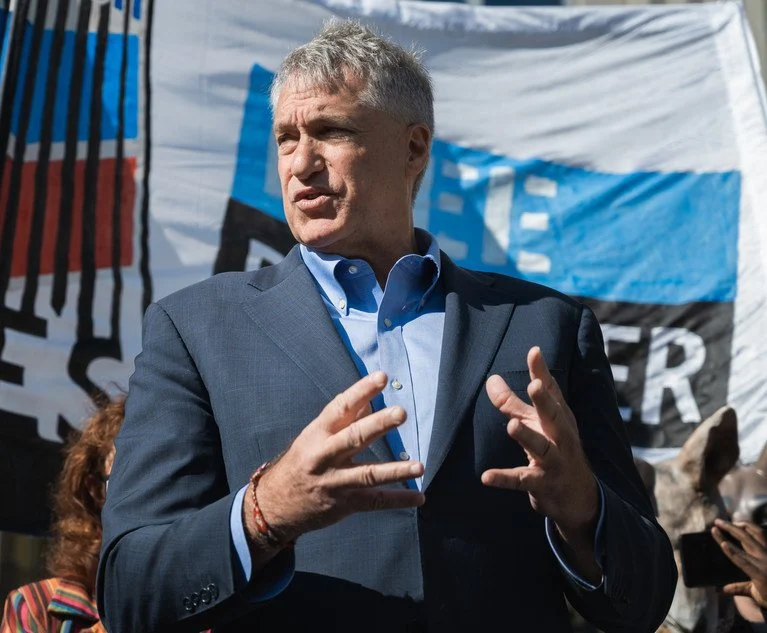
What Chevron had not bargained for was that corrupt US control of Ecuador might loosen. In 2007 left wing Rafael Correa became President and Chevron’s previously total impunity in the country dissolved. In 2011 Donziger and his team won an award of $18 billion in compensation for the local population from a provincial Ecuadorean court, later reduced to $9.5 billion by the Supreme Court of Ecuador.
Chevron now did two things. Firstly, it invoked the bribery obtained agreements of 1995 and 1998 limiting its liability to the paltry $40 million clean-up operation, and appealed to the international tribunals specified in those agreements. Chevron succeeded, as was fairly certain to happen. The agreements had indeed been signed and did relieve Texaco/Chevron of any liability.
This brings us into precisely the same area as Investment Promotion and Protection Agreements and the ability of huge multinationals to bully or bribe poorer states into signing away their sovereign authority in favour of judgement, not by a multilateral state institution like the International Court of Justice, but of a commercial tribunal formed of western corporate lawyers of strong neo-conservative ideology.
Western governments put enormous pressure on developing countries to succumb to such jurisdiction, including making it a condition of aid flows. The system is so unfair on developing countries that even Hillary Clinton inveighed against it, before she started fund-raising for her Presidential bid.
Big oil apologists are cock-a-hoop that the disgraceful, well-feathered right wing jurists of the Permanent Court of Arbitration in the Hague gave Chevron a judgement that their bribed 1998 “Get out of jail free” card did indeed say “Get out of jail free”. This case in itself damns the arbitration system. The truth is, of course, that no developing country has ever initiated surrendering its sovereignty to such a tribunal, and it is strongly in the institutional and financial interest of the tribunal and its members to find in favour of the big western corporations on which their very existence thus depends.
The second thing that Chevron did was to attempt to destroy Steven Donziger personally. In 2011 they filed a suit in New York under the anti-mob Racketeer Influenced and Corrupt Organisations Act, arguing that in Ecuador Donziger had bribed a judge, bribed witnesses and plaintiffs, ghost-written the original judgement and subverted expert witnesses.
The case against Donziger now becomes an incredible tale of corrupt judges in both Ecuador and the United States, of whom the most corrupt of all is US District Judge Lewis A Kaplan. It is important to note that the case against Donziger came before Kaplan as a civil case, not a criminal case. Chevron were seeking an injunction to stop Donziger acting further against them. Originally they were suing Donziger for $60 billion in damages, but that was dropped because it would have meant Donziger had a jury. By merely seeking an injunction, Chevron could ensure that Kaplan was unconstrained.
What happened next beggars belief. Kaplan made a ruling setting aside the judgement of the Ecuadorean court on the grounds it was based on racketeering, coercion and bribery. It should be recalled that, at Chevron’s insistence, the New York District Court had nine years earlier ruled it had no jurisdiction over the case, and that jurisdiction lay in Ecuador. Kaplan now ruled the opposite; both times Chevron got what they wanted.
So who is Kaplan? From 1970 to 1994 he was in private practice, representing in particular the interests of tobacco companies including Philip Morris – itself, I would argue, sufficient sign of moral bankruptcy. He was also the “trusty” judge the federal government used to rule that years of detention and torture in Guantanamo Bay did not affect prosecutions of detainees there. On the plus side, Kaplan did allow Virginia Giuffre’s lawsuit against Prince Andrew to go ahead; but then Andrew is not a US state or commercial interest.
The only testimony of bribery and corruption which Kaplan heard came from a single source, Ecuadorean judge Alberto Guerra. He claimed he was bribed to support the local plaintiff’s case against Chevron and to ghost write the judgement with Donziger for the trial judge. No other evidence of racketeering or bribery was given before Kaplan.
Guerra was extremely unconvincing in court. In his judgement for Chevron Kaplan stated that:
“Guerra on many occasions has acted deceitfully and broken the law […] but that does not necessarily mean that it should be disregarded wholesale…evidence leads to one conclusion: Guerra told the truth regarding the bribe and the essential fact as to who wrote the Judgment.”
Guerra produced no corroboration of his story. He could not, for example, show any draft of, or work on, the judgement he had allegedly ghostwritten with Donziger. A forensic search of Donziger’s laptop found nothing either. The reason for this was to become clear when Guerra admitted, before the International Court of Arbitration, that he had invented the whole story.
Not only had Guerra invented the whole story, but he had in fact been bribed by Chevron with a large sum for his testimony. Guerra admitted that he had invented the story to Chevron of Donziger offering to buy him for $300,000, simply to raise the price which Chevron would pay him. Before giving evidence in the USA, Guerra spent 51 days being coached on his evidence by Chevron’s lawyers – which Kaplan permitted as it was a civil not a criminal case.
In 2016 the United States Second Circuit Court of Appeals upheld Kaplan’s verdict for Chevron, on the grounds that Guerra’s evidence had been properly given in a US court, and it had not been recanted in any formal evidence to a US court; while Donziger could not prove, without Guerra’s testimony in court, that Guerra had been paid by Chevron.
Followers of the Assange case will of course note the parallels with Siggi Thordarson, the convicted fraudster who was paid by the CIA to give evidence against Assange that is central to the “hacking” charges under the Espionage Act, but whose open admission that he lied in his testimony the English High Court refused to hear as he has not formally withdrawn his evidence in court.
In the interests of scrupulous honesty, I should note that Chevron seem to me to have one good legal point. There was unlawful coordination between one technical expert in the case in Ecuador and Donziger’s legal team. This was motivated by genuine environmental concern and goodwill, and not by bribery, but was nevertheless unwise. I do not however believe that any reasonable judge would find this in itself sufficient to dismiss the case, given the great weight of other evidence on the pollution and its effects.
Kaplan now set out, at Chevron’s behest, to destroy Donziger as an individual. Extraordinarily in a civil case, Kaplan ruled that Donziger must turn over all of his phones, laptops and communications devices to Chevron, so they could investigate his dealings with others over the Ecuadorean case.
Donziger of course refused on the grounds that he was an attorney representing the local plaintiffs in the case, and the devices held numerous communications covered by attorney-client privilege. Kaplan ruled that the clients were not in US jurisdiction so attorney-client privilege did not apply. He then sought to institute a criminal prosecution of Donziger for contempt of court for refusing to obey his order to hand them over to Chevron.
It should be noted that by this stage Rafael Correa had retired as President of Ecuador as decreed by the constitution, and the CIA was again firmly in control through the traitorous President Lenin Moreno. Not only was Donziger entitled on absolute grounds to refuse to hand over attorney-client communication, there was now a real danger the indigenous people and other locals involved in the case might be targeted for reprisals in Ecuador by Moreno and the CIA.
There is again a startling resonance with the Assange case. When Moreno removed Assange’s diplomatic immunity, and Assange was grabbed from the Ecuadorean Embassy in London and imprisoned, all of Assange’s papers were seized by the Ecuadorean government and shipped back to Quito, where they all were handed over to the CIA. These specifically included thousands of documents relating to Assange’s defence against extradition, documents which were covered by attorney-client privilege. Again, when dealing with an “enemy of the state” like Assange or Donziger, the judges decided that this did not matter.
Let me again interpolate some personal experience. Judge Kaplan now decided to transform Chevron’s civil case against Donziger into an explicitly criminal case of contempt of court. In Scotland and throughout the UK, Kaplan could simply have declared Donziger guilty of violating his own Order and sent him to jail, precisely as judge Lady Dorrian did to me. But in the United States – as in every other democracy outside the UK – a judge cannot arbitrarily decide on a violation of their own order.
Kaplan therefore referred Donziger’s “contempt” to the federal prosecutors of the Southern District of New York. But they declined to prosecute. Here we had a civil case brought by Chevron over a decision by an Ecuadorean court which the US courts had insisted had jurisdiction, but which Kaplan had repatriated, found for Chevron on the basis of extremely dodgy evidence, and now turned into the criminal trial of an environmental activist lawyer based on a complete repudiation of attorney-client privilege. Federal prosecutors viewed none of this as valid.
So Kaplan now did something for which nobody can provide a convincing precedent. In 2020 he appointed private legal prosecutors, paid for by his court, to bring the criminal case against Donziger which the state prosecutors had declined to bring. Kaplan had personal links to the firm involved, Seward and Kissel, who had been acting for Chevron in various matters less than two years previously. During the prosecution process, Seward and Kissel as prosecutors were in constant contact with Chevron’s avowed lead lawyers, Gibson Dunn and Crutcher, over the case.
For all these reasons the Donziger case has been described as the first private criminal prosecution by a corporation in US history. Chevron’s ability to control the entire judicial and legal process has been terrifying. Every public affairs NGO you can think of, not in the pockets of big oil and climate change denial, has raised serious concerns about the case.
Contrary to convention, though not contrary to law, Kaplan also personally appointed the judge to hear the case for criminal breach of his order, rather than leaving it to the court system. His nominee, Judge Loretta Preska, committed Donziger to house arrest pending trial. On October 21 2021 she sentenced Donziger to six months in prison; the maximum for contempt of court in the USA (I was sentenced to 8 months in Scotland). After 45 days Donziger was released from prison due to Covid, to serve the rest of his sentence under house arrest. In total, before and after trial, Donziger spent 993 days in detention. He was released two days ago.
Donziger has been disbarred as a lawyer. Chevron have a lien on his home and all his assets for compensation. They have paid nothing to the victims of their pollution of the Amazon.
I really cannot think of any individual story that better incorporates so many aspects of the dreadful corruption of modern western society. We are all, in a sense, the prisoners of corporations which dictate the terms on which we live, work and share knowledge. Justice against the powerful appears impossible. It is profoundly disturbing, and I recommend everyone to take a few minutes to reflect about the full meaning of the Donziger story in all its many tangents.
There is a good interview with Steve Donziger, which understandably concentrates on the personal effect upon him, here.
————————–
Footnote: It would be churlish of me not to mention that when Sir Brian Barder became High Commissioner in Lagos he took a different line on Shell and pollution, much to the annoyance of Tory minister Norman Tebbit. 20 years later I was eventually sacked by the FCO for an excess of dissent, and Brian and Jane immediately invited me to dinner. Brian is no longer with us but his son @owenbarder is well worth following on development issues.
————————
————————————————-
Forgive me for pointing out that my ability to provide this coverage is entirely dependent on your kind voluntary subscriptions which keep this blog going. This post is free for anybody to reproduce or republish, including in translation. You are still very welcome to read without subscribing.
Unlike our adversaries including the Integrity Initiative, the 77th Brigade, Bellingcat, the Atlantic Council and hundreds of other warmongering propaganda operations, this blog has no source of state, corporate or institutional finance whatsoever. It runs entirely on voluntary subscriptions from its readers – many of whom do not necessarily agree with the every article, but welcome the alternative voice, insider information and debate.
Subscriptions to keep this blog going are gratefully received.
Choose subscription amount from dropdown box:
Paypal address for one-off donations: [email protected]
Alternatively by bank transfer or standing order:
Account name
MURRAY CJ
Account number 3 2 1 5 0 9 6 2
Sort code 6 0 – 4 0 – 0 5
IBAN GB98NWBK60400532150962
BIC NWBKGB2L
Bank address Natwest, PO Box 414, 38 Strand, London, WC2H 5JB
Bitcoin: bc1q3sdm60rshynxtvfnkhhqjn83vk3e3nyw78cjx9
Ethereum/ERC-20: 0x764a6054783e86C321Cb8208442477d24834861a
Subscriptions are still preferred to donations as I can’t run the blog without some certainty of future income, but I understand why some people prefer not to commit to that.



